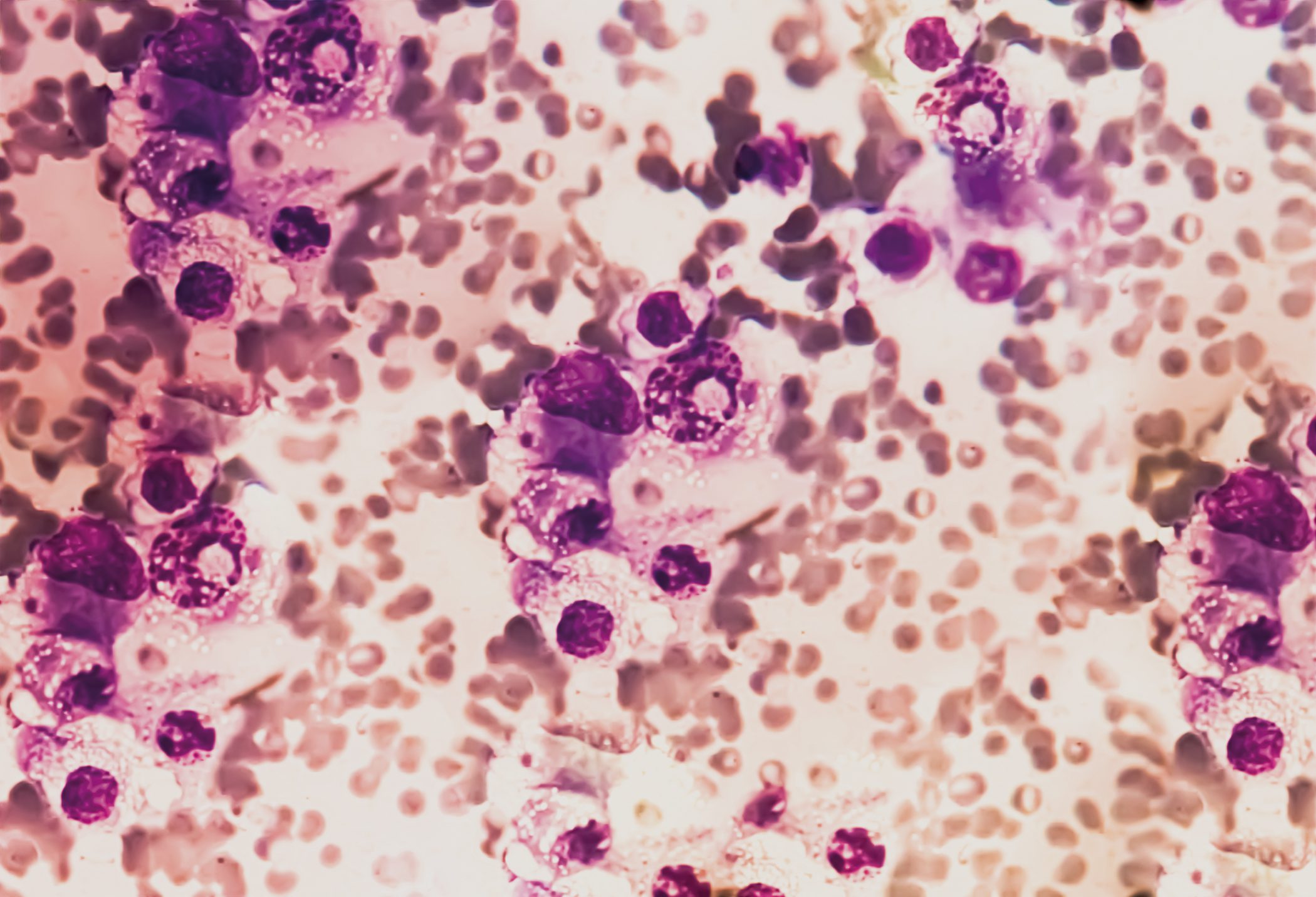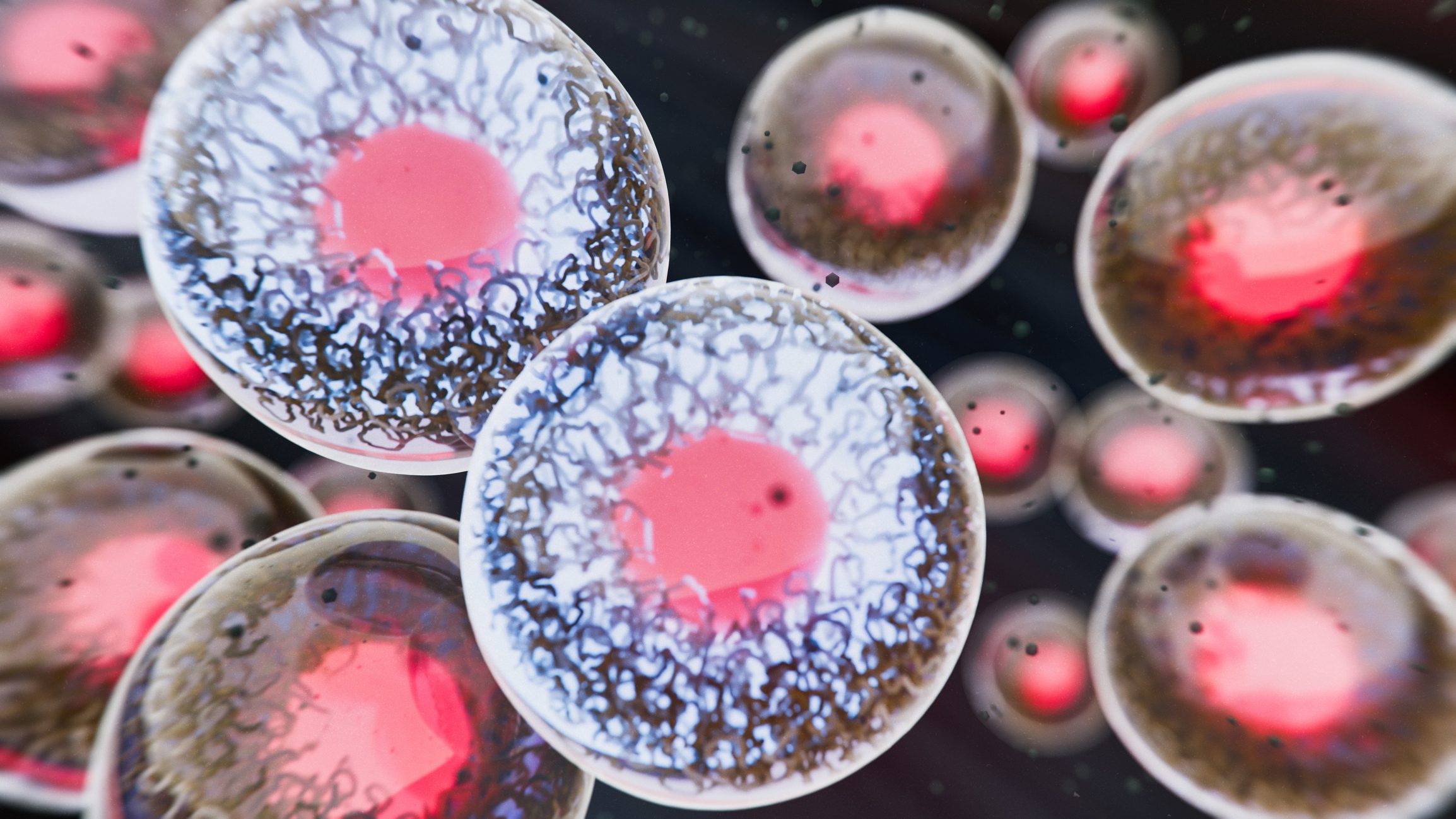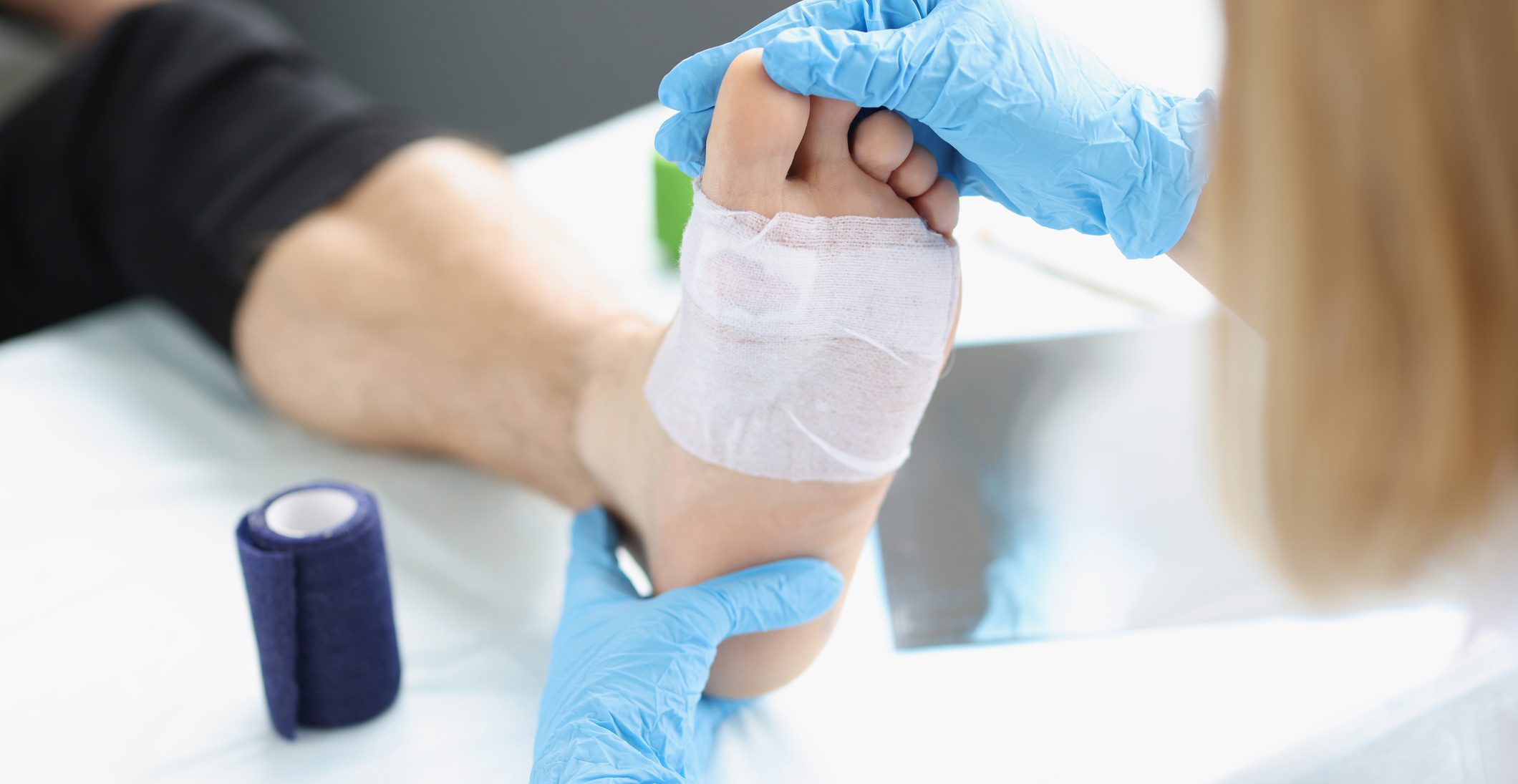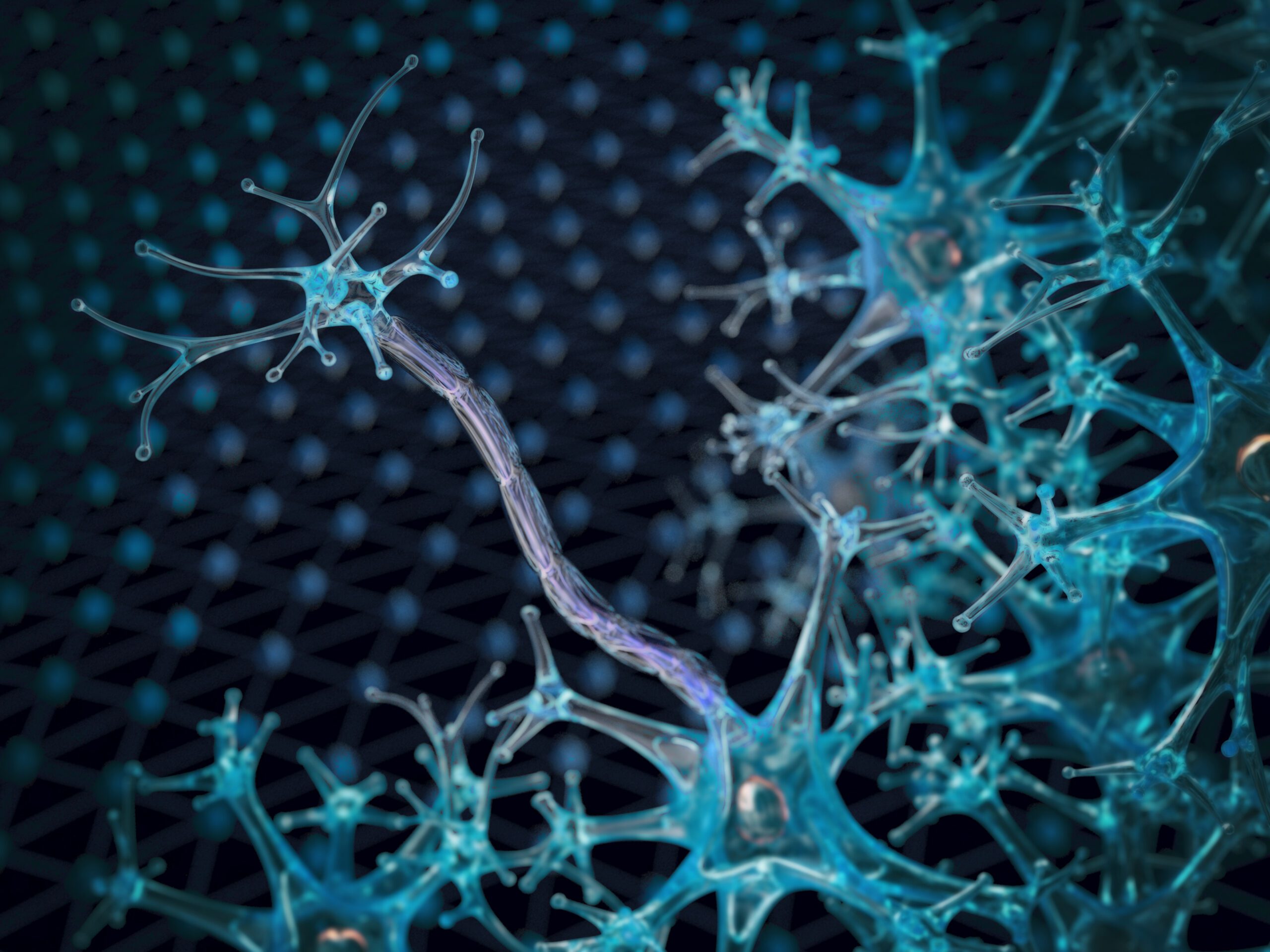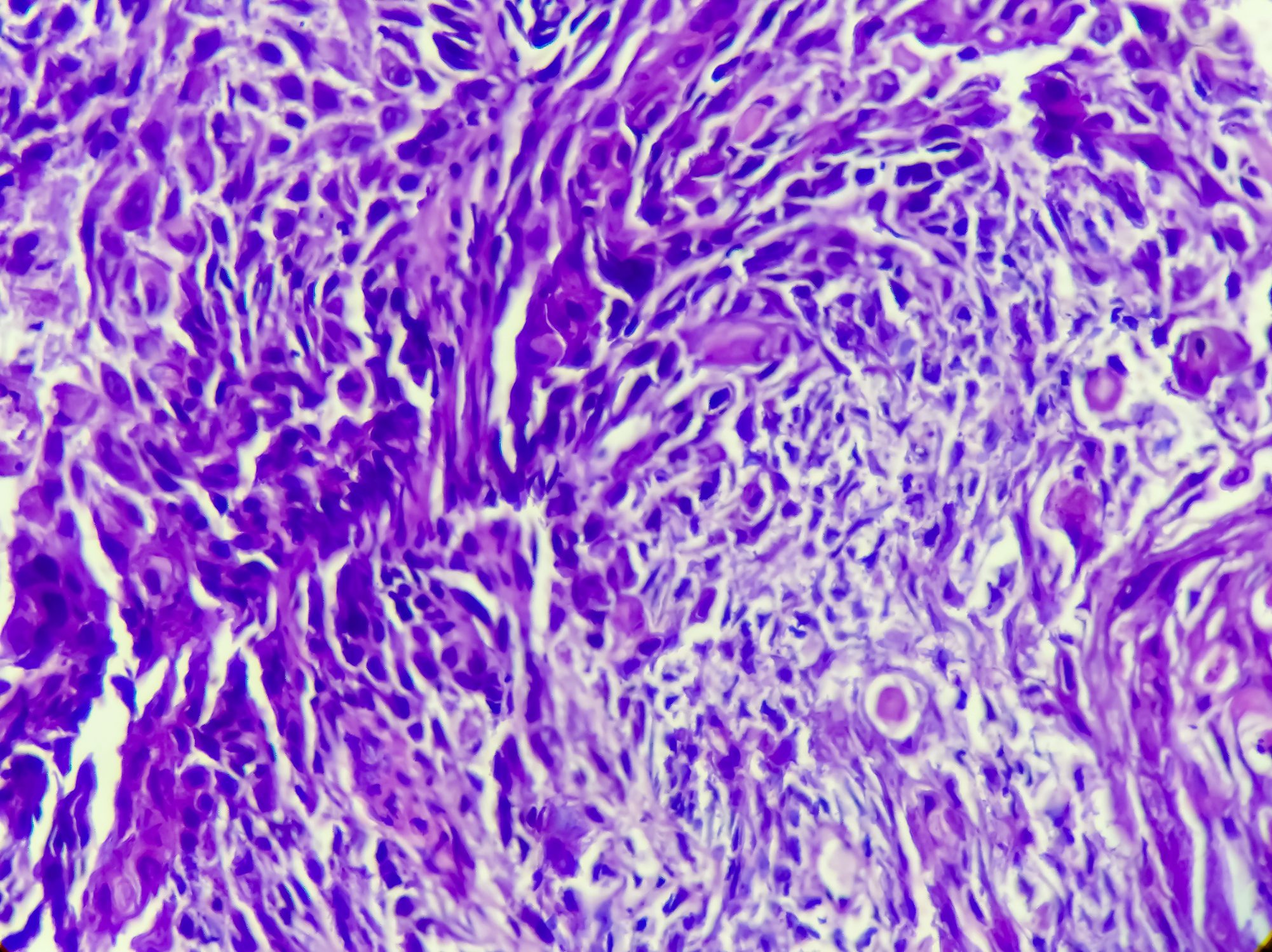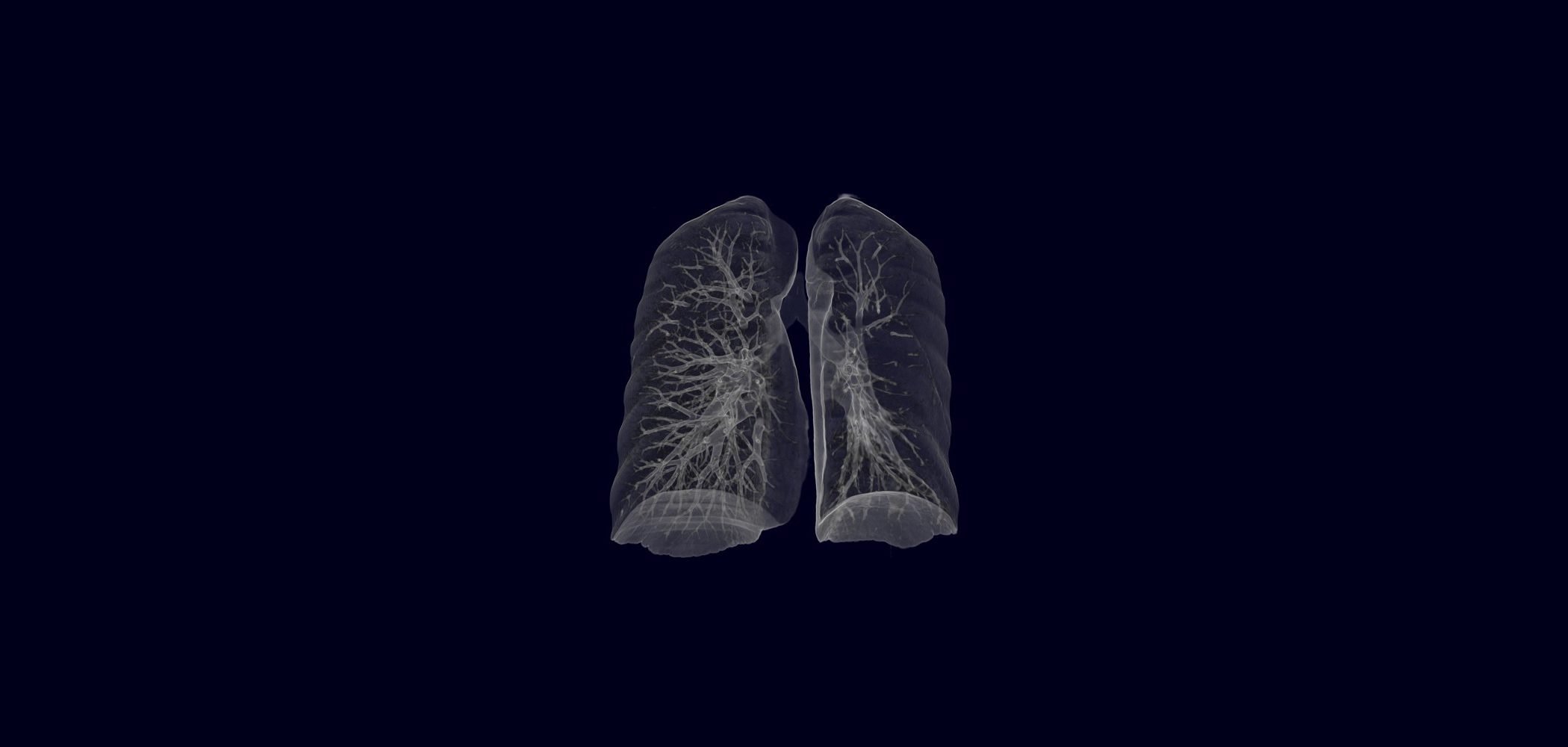The EndoPredict prognostic gene expression test is good at distinguishing breast cancer patients at high or low risk for local recurrence, according to an Austrian study. In addition, the study shows that breast-conserving surgery is safe, even in high-risk patients. Conversely, patients should not be deprived of post-radiation despite low risk after EndoPredict.
The EndoPredict gene expression test is used to determine the need for adjuvant chemotherapy in women with hormone receptor (HR)-positive breast cancer. Austrian physicians have now been able to show that the test can also be used to clarify the risk of local recurrence [1]. As Florian Fitzal, MD, Vienna, explained, breast conserving therapy (BCT) with postradiation has been shown to be fundamentally as safe and effective as mastectomy, even for T3/T4 tumors, in terms of disease-free and overall survival. However, there are some factors such as young age, positive nodal status, and extensive intraductal component that influence the occurrence of local recurrence after BCT.
Risk determination by test
It may be possible, Dr. Fitzal said, to determine risk more precisely using EndoPredict, which so far has been used to determine the risk of distant metastasis by analyzing the expression of eight tumor-associated genes – three for proliferation, five for differentiation. It should also be clarified whether high-risk patients benefit from mastectomy and whether low-risk patients can be spared follow-up radiation.
Tumor blocks from 1324 postmenopausal women with HR-positive, HER2-negative breast cancer from the ABCSG 8 trial were included in the analysis. Nearly half (48%) were in the low-risk group, according to EndoPredict; 83% received BCT. In multivariate analysis, EndoPredict and radiotherapy were found to be independent predictors of local recurrence risk. Age, tumor size, and nodal status were not predictive.
Follow-up
After a median follow-up of 72 months, low-risk patients had significantly better local recurrence-free survival after EndoPredict than high-risk patients (p=0.008). However, mastectomy was not of additional benefit to the high-risk group: local recurrence-free survival was no better than BCT (p=0.879). But the evaluation showed that in the low-risk group, postradiation should not be omitted: “Even in these patients, the local recurrence risk increases significantly by 13% without radiotherapy,” Dr. Fitzal emphasized.
EndoPredict as a prognostic tool for predicting local recurrence risk will now be further validated. There are also plans to extend the study to premenopausal patients.
Source: European Breast Cancer Conference (EBCC) 9, March 19-21, 2014, Glasgow.
Literature:
- Fitzal F, et al: EBCC 9; Abstr. O-410.
InFo ONCOLOGY & HEMATOLOGY 2014; 2(4): 20-21.





